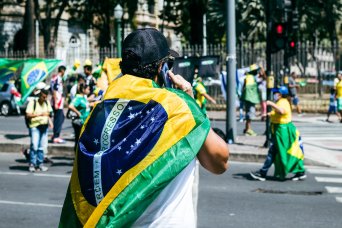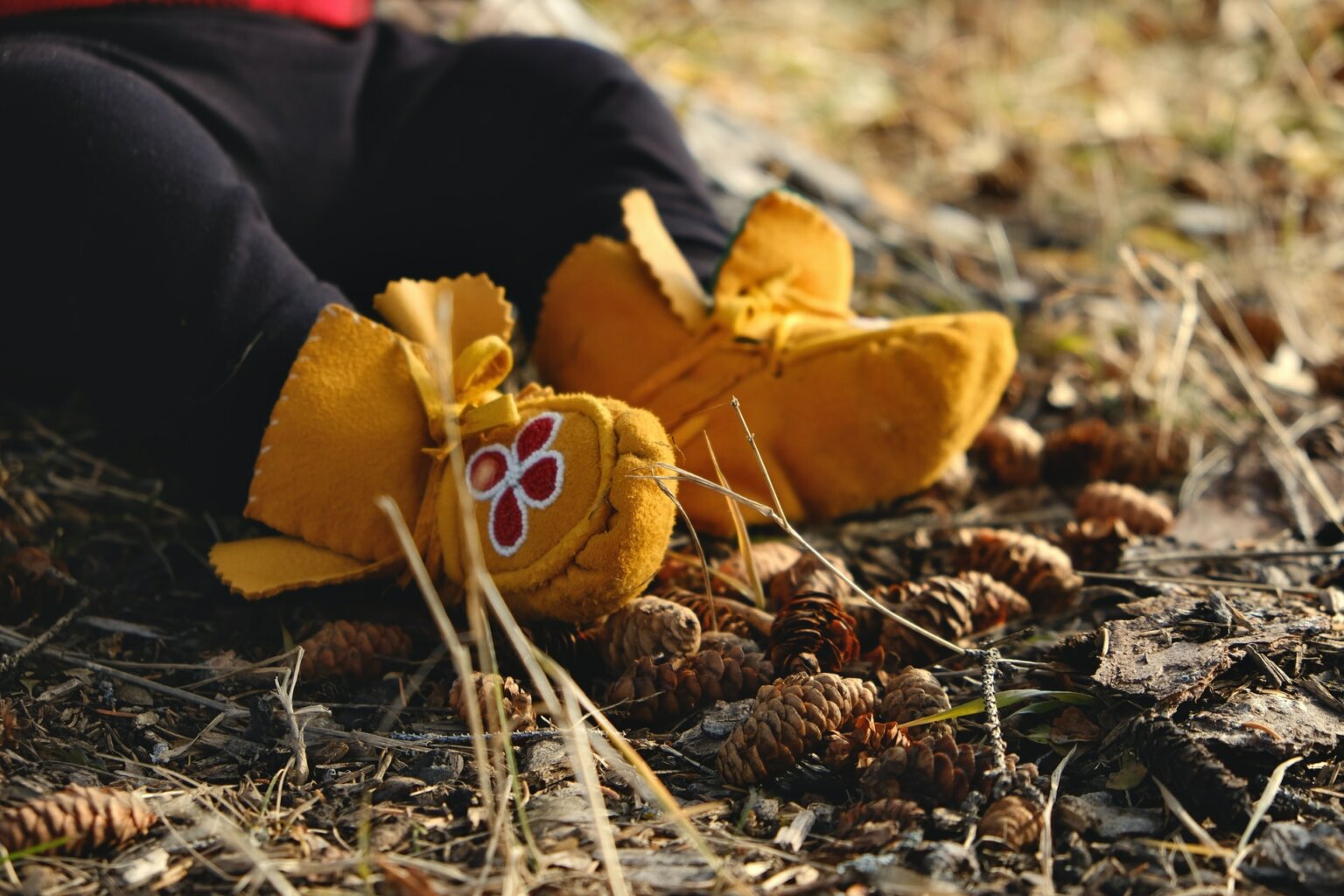- About
- Topics
- Picks
- Audio
- Story
- In-Depth
- Opinion
- News
- Donate
- Signup for our newsletterOur Editors' Best Picks.Send
Read, Debate: Engage.
| topic: | Election |
|---|---|
| located: | Brazil |
| editor: | Ellen Nemitz |
The election of the former Brazilian president Luiz Inácio Lula da Silva (Lula) over Jair Bolsonaro, the current far-right chief of the country, was reported and celebrated throughout the globe. World leaders congratulated Lula for his victory and demonstrated the hope and willingness to cooperate in favour of mutual interests - including the climate emergency. In this regard, renowned scientists, activists and NGOs also commented that Lula's commitments to the environment will inaugurate a new era of hope for the planet.
Meanwhile, Bolsonaro himself has remained silent. Contrary to the tradition of conceding, he has not spoken to the press nor on social media so far. His fan base has also refused to acknowledge the results, as shown by a group of truck drivers who have been blocking the roads throughout the country (some of them even asked for military intervention) since Sunday evening. The Supreme Court ordered the immediate clearing of federal highways, but until this Tuesday there were still several ongoing protests - whoever takes part in them may respond for crimes against democracy, specialists say.
The denunciations of attacks on democracy began much before the results were released. On Sunday, there were several reports of roadblocks perpetrated by the Federal Highway Police, especially in the northeast, supposedly to prevent citizens from getting to the voting places - according to some narratives on social media and statements from the Superior Electoral Court, people could vote despite the turmoil. Later, local outlets reported that the illegal operation may have been planned by the Bolsonaro campaign coordinators.
Another serious accusation was brought up by indigenous groups. The Brazil's Indigenous People Articulation (APIB) said, on Sunday, that at least 3,000 people were being prevented from voting for lack of public transportation in the State of Mato Grosso do Sul. The official website of the Electoral Justice classified the news as a rumour, and affirmed that 19 buses were made available. In addition, some local outlets reported that a group of 500 people were victims of violent intimidation and could not leave their villages in Pará to vote. Still, according to journalists, they had already missed the first round, on 2 October.
During his administration, Bolsonaro has systematically neglected Indigenous peoples, refusing to demarcate their lands or offer them protection against intruders (mostly miners and loggers), or even to provide basic means to deal with the COVID-19 pandemic. On the other hand, Lula has promised not only to advance the native peoples' agenda, but also to create a ministry for these affairs. Due to this commitment and to his pro-environment plans, he was formally supported by APIB.
Over the past four years, the concerns about democracy have been persistent. Several times, Bolsonaro and allies attacked the press, the electoral system and he even stated that he would not accept a defeat. His prolonged silence and the rumours that he will not take part in the process of transition of power - nor pass the presidential sash to his successor - deepen the uneasiness. A committee will oversee the process to make sure the due information will be supplied to Lula's team.
Lula will also have the challenge of uniting the country. In his first speech, he said that "there are no two Brazils" and that he will govern for all 215 million Brazilians, not just for those who voted for him. His responsibility in this third mandate (he has been president from 2002 to 2010) is to fulfil the commitments that garnered him over 60 million votes - mainly on the social, economic and environmental agendas - and also pave the way for a moderate successor that will keep Brazil on the right path.
"I'm half happy and half worried because, as of tomorrow, I have to start worrying about how we are going to govern this country," Lula said to supporters in São Paulo, referring to the difficult transition process and the situation of the country. "I hope I never betray the dream that led you to believe that it was possible to rebuild this country."
Update:
After nearly 45 hours, Bolsonaro convened the journalists for a quick speech. He thanked the votes received, but did not congratulate Lula for his victory. As for the truckers' roadblocks, he affirmed that they come from a "resentment and injustice feeling regarding the electoral process" - not explaining why - but added that “our methods cannot be those of the left, which have always harmed the population.” Finally, he committed to follow the Constitution. After the discourse, on Tuesday afternoon, the number of roadblocks slightly decreased, but there were still many points of interruption throughout the country, affecting the supply of essential goods. As of Sunday, 6 November, only two out of more than a thousand blockades were still reported, according to the Federal Highway Police.
Photo by Matheus Câmara da Silva

